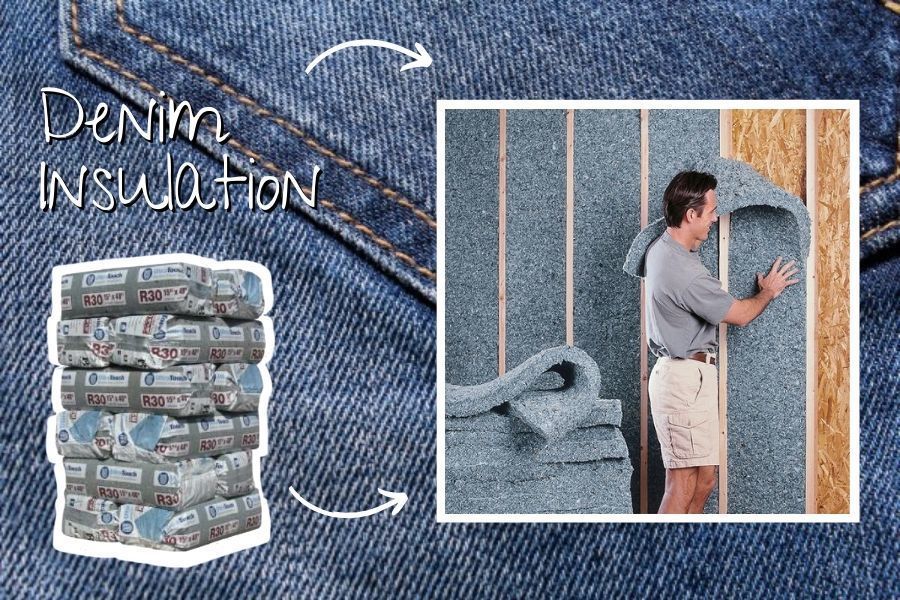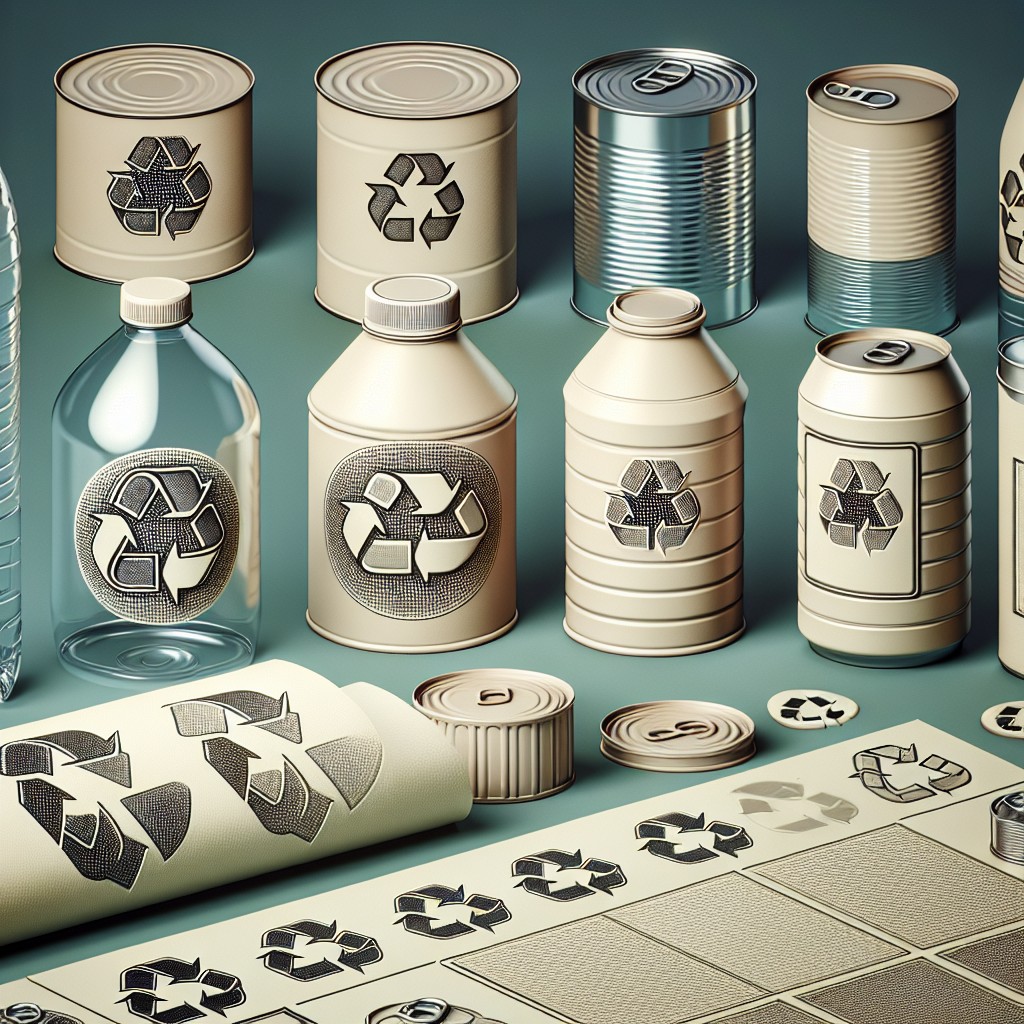Last updated on
In this informative guide, we delve into the recyclability of toilet seats to help consumers make more sustainable choices in their home renovations.
Key takeaways:
- Plastic toilet seats can be recycled if identified and cleaned properly.
- Different materials like wood and resin have specific recycling challenges.
- Reach out to local recycling centers or specialized recyclers for plastic seat recycling.
- Non-recyclable toilet seats can be disposed of in regular trash or repurposed creatively.
- Check with local recycling programs for specific guidelines and disposal options.
The Composition of Toilet Seats
Toilet seats are predominantly made from two types of materials: thermoset plastics, such as urea-formaldehyde, and thermoplastics, like polypropylene. Thermoset plastics harden permanently after being molded, making them durable and resistant to scratches, heat, and chemicals. This robustness is why they are favored for toilet seats. On the other hand, thermoplastics can be melted and reshaped multiple times, which can ease the recycling process.
You’ll also find toilet seats crafted from wood or a wood composite, often with a protective coating to withstand the humidity of bathroom environments. While these may offer aesthetic warmth, their mixed materials can complicate recyclability.
Some high-end seats even include metals or electronics, integrating features like bidets, heating, or LED lights, which further diversify the composition and affect the feasibility of recycling. Knowing these materials helps you understand the challenges and solutions in the recycling process of toilet seats.
Recyclability of Different Materials
Toilet seats are typically made from materials like plastic, wood, resin, or a combination of these. Plastic seats, often produced from thermosetting plastics such as polypropylene, can be challenging to recycle due to the chemicals used in their production, which make them durable and resistant to deformation.
Wooden seats, on the other hand, are usually crafted from medium-density fiberboard (MDF) and finished with a veneer. While wood is inherently recyclable, the treatments and resins applied to these seats can complicate the process.
Lastly, resin toilet seats, known for their aesthetic inclusions like shells or stones embedded within, present a unique dilemma. The embedded items need to be separated from the resin, a process not typically supported by standard recycling programs due to the complexity and cost.
Each material requires a specific recycling process. While composite materials may not be widely accepted by municipal curbside programs, pure plastics can sometimes be recycled if they are identified and separated correctly. Most recycling centers require that the material be clean and free of metal hardware, which should be removed and recycled separately if possible.
Understanding the particular needs of each material is crucial to proper recycling or disposal. For items not accepted in regular recycling streams, there are creative reuse and donation options to consider, extending the useful life of the product and reducing environmental impact.
How To Recycle Plastic Toilet Seats
Before deciding to recycle your plastic toilet seat, check for any recycling symbols or material identification codes. These symbols help determine if the plastic is accepted by local recycling facilities. Often, plastic toilet seats are made of low-density polyethylene (LDPE, #4) or high-density polyethylene (HDPE, #2), both of which are commonly recyclable plastics.
Once you’ve identified the material, detach the seat from the toilet, ensuring it’s free from metal fixtures as these need to be removed and possibly recycled separately. Thoroughly clean the seat to remove any contaminants; recycling facilities often require items to be in a reasonably clean state to process them effectively.
Next, reach out to your local recycling center. Confirm with them whether they accept the type of plastic your toilet seat is made of. Some places have specific drop-off points for large, rigid plastics like toilet seats, so inquire about the correct disposal method.
For regions where curbside recycling will not accept such items, search for a nearby recycling facility that has the appropriate equipment to handle larger plastics. This might involve a bit of research, but specialized recycler directories and waste management hotlines can provide this information swiftly.
If your city or town doesn’t offer suitable recycling options for toilet seats, explore home improvement stores or recycling events. These events often partner with recycling companies that can process items not typically accepted in regular programs.
In the case that none of these options is viable, consider reaching out to community groups online. Platforms such as Freecycle or local Facebook groups might connect you with people who could repurpose your old toilet seat, keeping it out of the landfill and giving it a new life in another form.
Disposal Methods for Non-Recyclable Toilet Seats
Recognizing that certain toilet seats aren’t suitable for recycling due to complex material composites or contamination, proper disposal is crucial for environmental protection. Here’s how to responsibly dispose of these items:
1. Trash Disposal: If recycling isn’t an option, wrapping the seat in a plastic bag and placing it in your regular trash is the simplest method. This helps to contain any potential germs or bacteria.
2. Municipal Waste Programs: Check with your city’s waste disposal service. Some have specific guidelines or designated days for disposing of non-recyclable bulky items.
3. Creative Upcycling: While not traditionally recyclable, you can creatively repurpose old toilet seats for art projects or as a part of DIY furniture. This extends the life of the material and reduces waste.
4. Hazardous Waste Collection: Some toilet seats may be treated with antimicrobial coatings or other chemicals. These might qualify for disposal at a hazardous waste collection site to prevent environmental contamination.
Remember, when in doubt about disposal options, reaching out to your local sanitation department can provide clarity and ensure you’re following community-specific guidelines.
Connecting With Local Recycling Programs
To ensure your old toilet seat is handled responsibly, touching base with your local recycling program is crucial. Each municipality has distinct guidelines that dictate what materials they can process. Begin by visiting your city’s waste management website or giving them a call. These resources often provide a detailed list of recyclable items and may even offer a search tool for specific products.
If direct recycling isn’t an option, ask about special waste collection days or drop-off locations for items like toilet seats. Some programs conduct yearly or semi-annual events to collect various non-standard recyclables, including bulky or complex plastic items.
Also, consider reaching out to local environmental organizations. They may host recycling drives or have partnerships with recycling facilities that accept a broader range of materials. By taking these steps, you can play an active role in ensuring your toilet seat is disposed of in an eco-friendly manner.
FAQ
What do I do with an old toilet seat?
To responsibly handle an old toilet seat, one should dispose of it in their standard garbage bin where it will either find its destiny in a landfill or contribute to energy production in a Waste-to-Energy facility.
What do you do with an old toilet?
Disposing of an old toilet can be accomplished through four main methods: curbside collection, recycling, donation, or renting a dumpster, each carrying unique benefits, potential costs, and restrictions.
Are all toilet seats plastic now?
No, not all toilet seats are plastic; molded-wood toilet seats are also a common choice.
How does the recycling process for toilet seats work?
The recycling process for toilet seats typically involves collection, dismantling, sorting of materials, shredding, cleaning, melting and remanufacturing into new products.
Are there eco-friendly alternatives to traditional plastic toilet seats?
Yes, there are eco-friendly alternatives to traditional plastic toilet seats, including ones made from sustainable bamboo, recycled wood, or biodegradable materials.
Can toilet seats be repurposed for different uses rather than discarded?
Yes, toilet seats can be creatively repurposed for uses such as picture frames, outdoor swings, or garden decorations instead of being discarded.
Related reading:
Table of Contents


